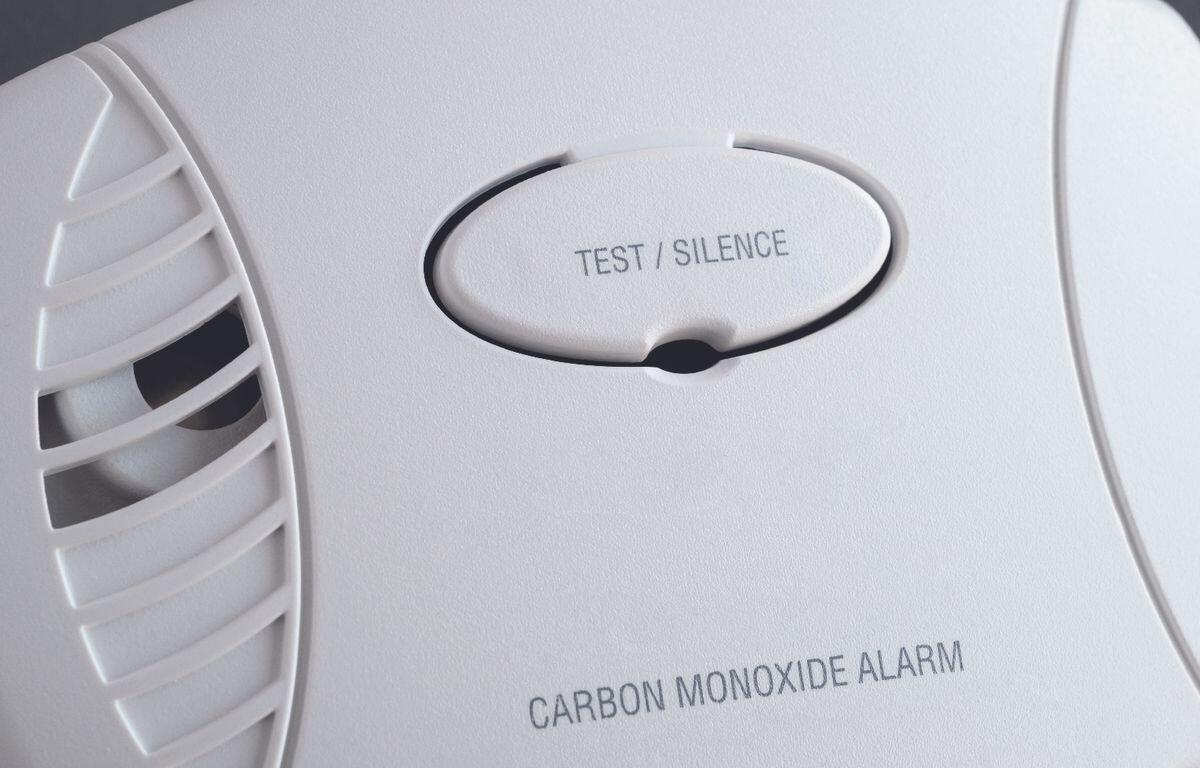CONCORD, N.H. (MyKeeneNow) As cold weather sets in, the New Hampshire State Fire Marshal’s Office is reminding residents that an invisible threat can lurk in homes and garages this time of year — carbon monoxide.
November marks National Carbon Monoxide Awareness Month, and officials are urging the public to test CO alarms and take preventive steps to avoid poisoning.
According to state fire data, there were 10 accidental carbon monoxide deaths in New Hampshire last year. Fire departments also handled more than 2,600 CO-related calls in 2024, with nearly 950 confirming the presence of the toxic gas.
“Carbon monoxide can’t be seen, smelled, or tasted, which is why alarms are critical,” said State Fire Marshal Sean Toomey. “If an alarm sounds or multiple people in your home experience symptoms such as headaches or dizziness, get outside immediately and call 911.”
Carbon monoxide — a byproduct of burning fuels like gas, wood, oil, and charcoal — can cause anything from flu-like illness to death, depending on exposure levels. Young children, older adults, pregnant women, and people with compromised immune systems are especially vulnerable.
To combat the risk, the State Fire Marshal’s Office has partnered with the American Red Cross of Northern New England through a federal grant program to distribute and install CO alarms across the state. So far, more than 200 alarms have been placed in schools and 257 in homes at no cost to residents.
“When a CO alarm goes off, it’s not a drill,” said Stephanie Couturier, regional CEO of the American Red Cross of Northern New England. “Leave immediately and call for help. These devices truly save lives.”
Officials recommend installing carbon monoxide detectors outside every sleeping area and on each floor, including basements. Batteries should be tested monthly and replaced as needed.
Homeowners should also have furnaces, fireplaces, and other fuel-burning appliances inspected regularly to ensure they’re properly vented. Generators should only be used outdoors, at least 20 feet from buildings, and vehicles should never idle in enclosed garages.
CO poisoning symptoms can include headache, nausea, vomiting, dizziness, confusion, fatigue, and in severe cases, loss of consciousness.
State law requires carbon monoxide alarms in several types of housing and facilities, including many rental properties, single-family homes, daycares, and health care centers.
Additional resources, including safety posters, social media graphics, and public service announcements, are available through the State Fire Marshal’s website as part of its Carbon Monoxide Awareness Toolkit.




